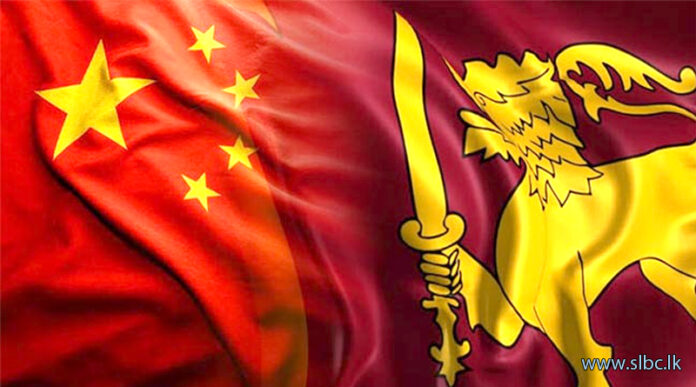Journalist groups in Sri Lanka have voiced strong concerns over the government’s decision to enter agreements with Chinese media institutions during President Anura Kumara Dissanayake’s recent state visit to Beijing.
According to a report by Anidda Newspaper, several media forums criticized the government’s announcement last week, which revealed that proposals for partnerships with Chinese media outlets, focused on capacity building, had been approved.
Chairperson of the Sri Lanka Working Journalists Association (SLWJA), Duminda Sampath, questioned the timing and transparency of the agreements. “Chinese media are predominantly state-controlled entities, not independent outlets. At a time when Sri Lankan journalists are advocating for reforms to ensure media independence, especially within state-run media, this move is deeply troubling,” Sampath said.
He cautioned that such partnerships might enable foreign influence in Sri Lanka’s media landscape, potentially undermining the country’s press freedom. Sampath also criticized the government for failing to consult local media stakeholders, labeling the process as lacking transparency.
Lasantha De Silva of the Free Media Movement echoed these sentiments, calling for the agreements’ contents to be made public. “Media should operate with social responsibility, not as tools of government propaganda. The public deserves to know what these agreements entail and their potential impact on the country,” he stated.
Details of Proposed Agreements
The Ministry of Health and Mass Media is reportedly preparing to sign Memorandums of Understanding (MOUs) with China’s National Radio and Television Administration (NRTA) and the state-owned Xinhua News Agency. These agreements aim to facilitate capacity-building programs for Sri Lankan officials and journalists.
The partnerships include collaborations between Associated Newspapers of Ceylon Limited (Lake House) and Xinhua News Agency, as well as agreements involving the Department of Government Information, Sri Lanka Rupavahini Corporation, and Sri Lanka Broadcasting Corporation with China Media Group.
Call for Transparency
Media organizations are urging the government to disclose the terms of these agreements and engage with local media stakeholders before proceeding. Critics fear that without transparency, these collaborations may compromise the independence of Sri Lanka’s media, which is already under scrutiny for state influence.
The government’s next steps on these agreements will be closely watched, as concerns grow over their implications for press freedom and the broader media landscape in Sri Lanka.
